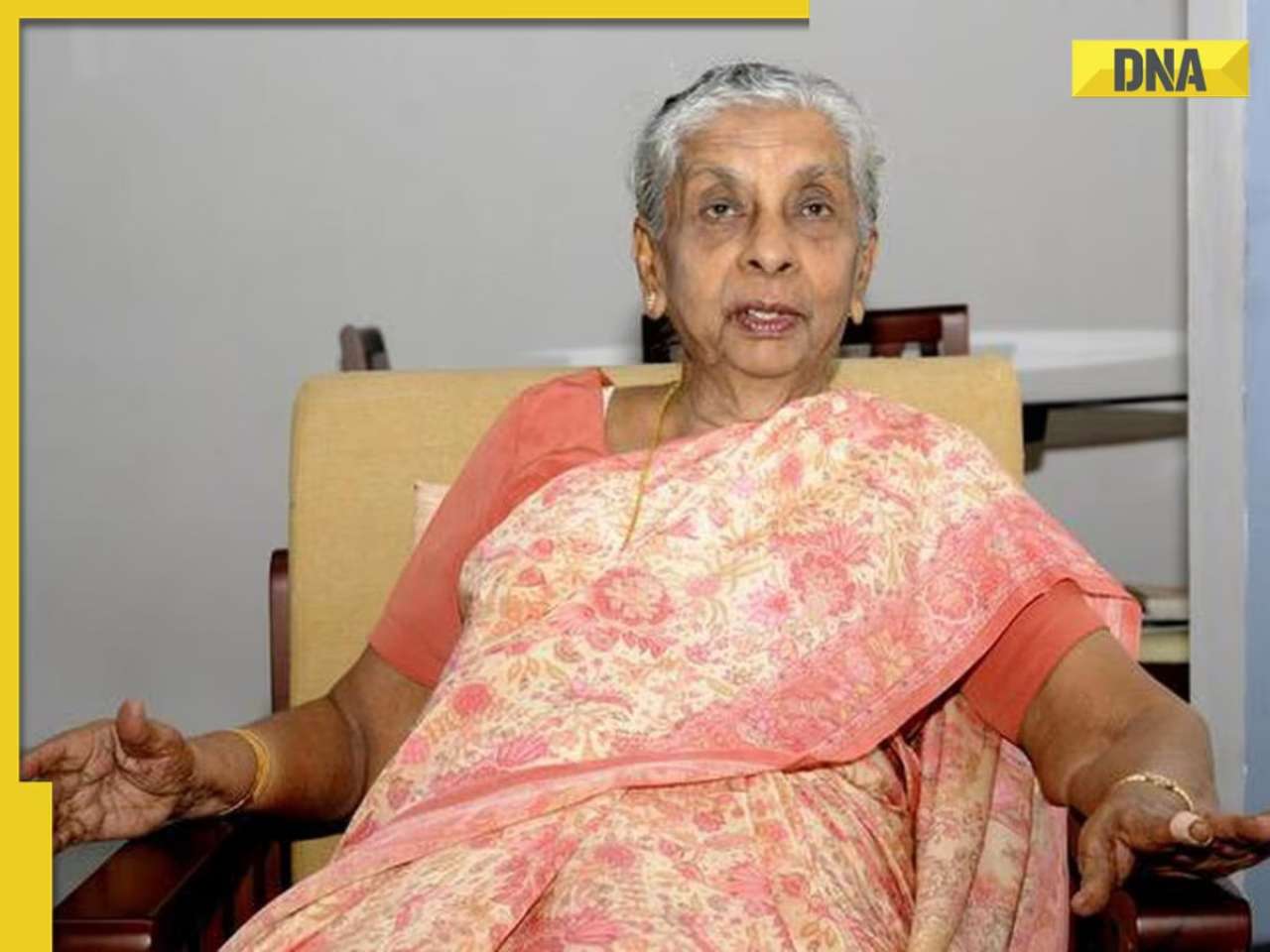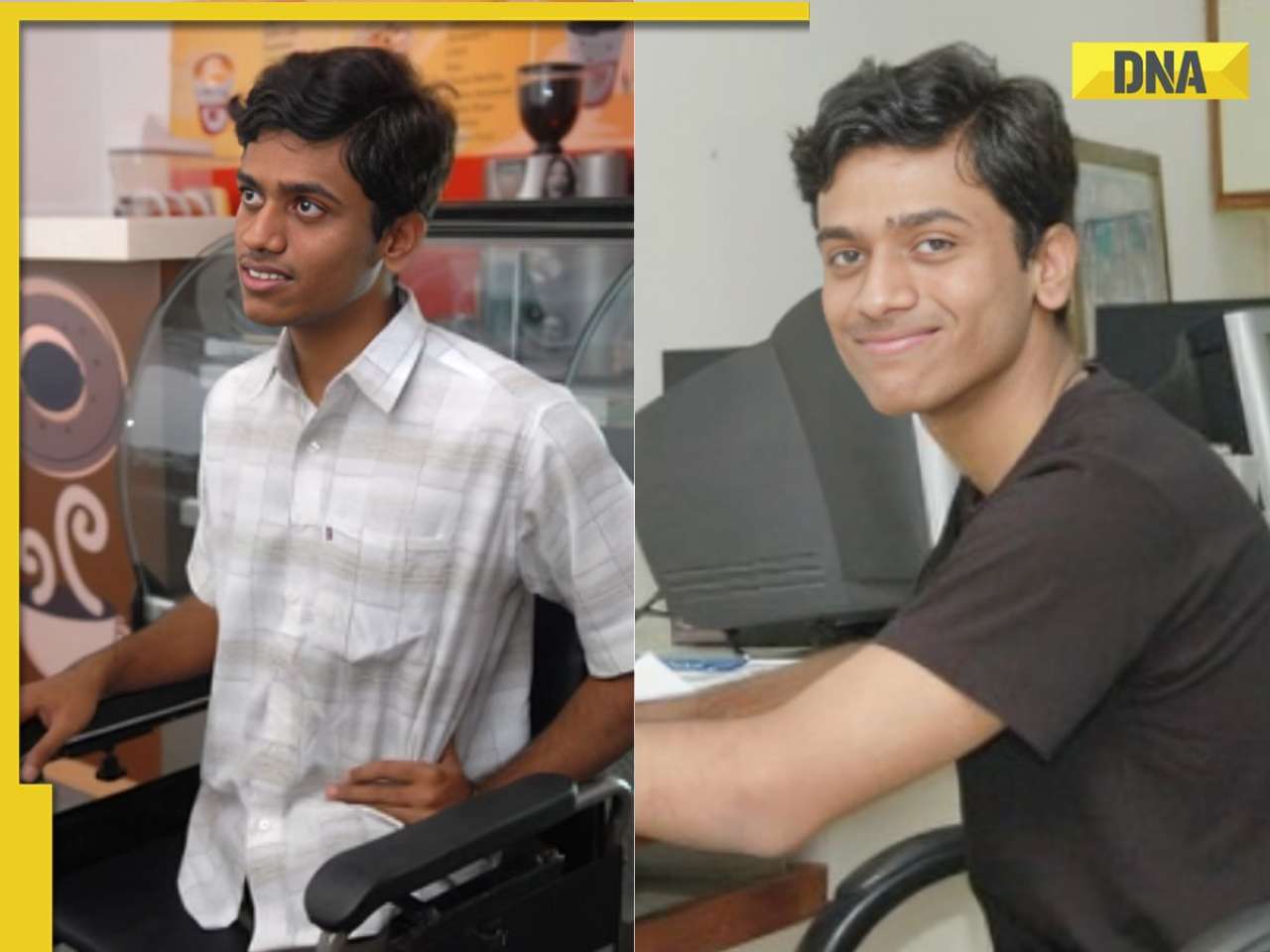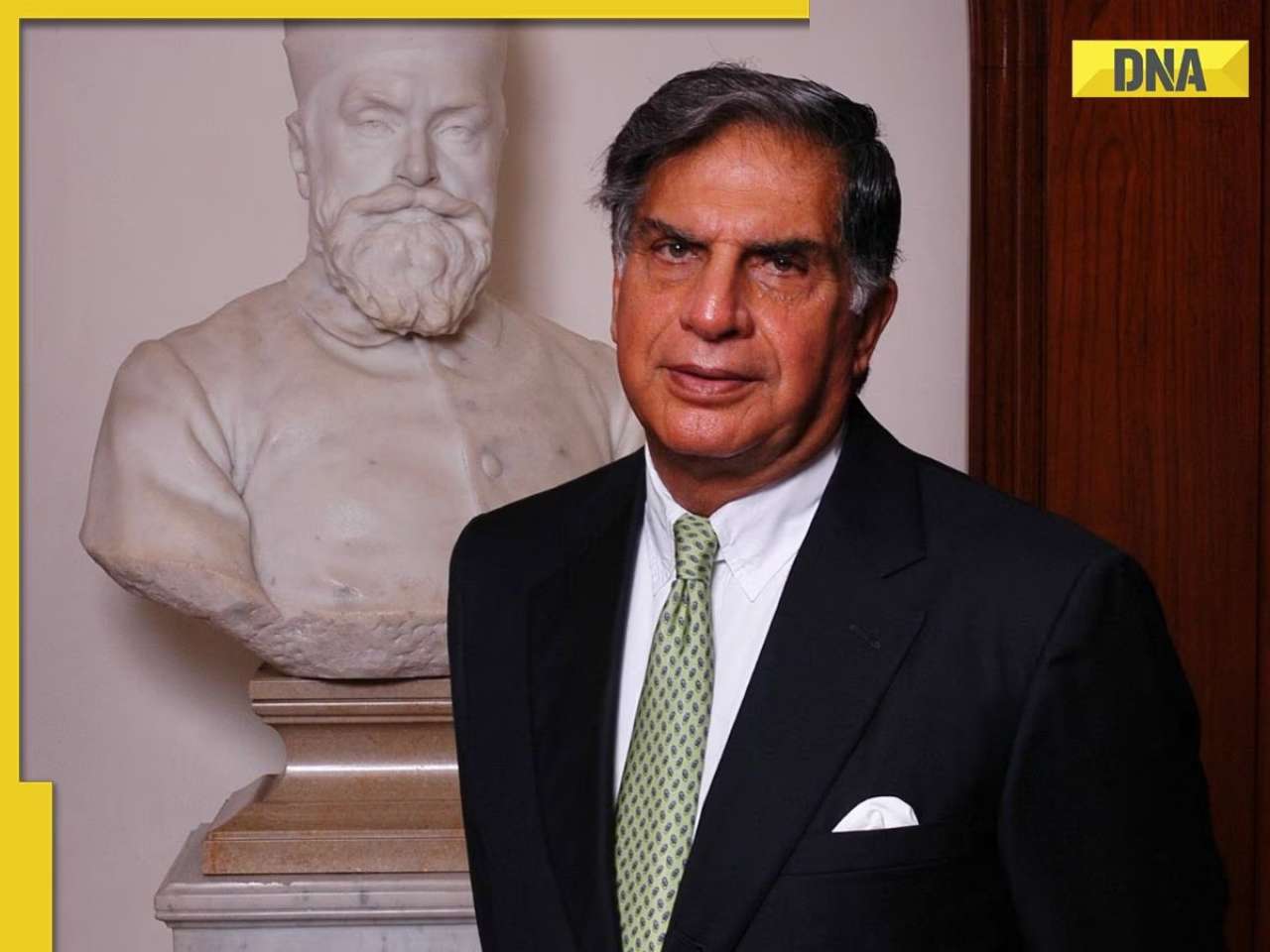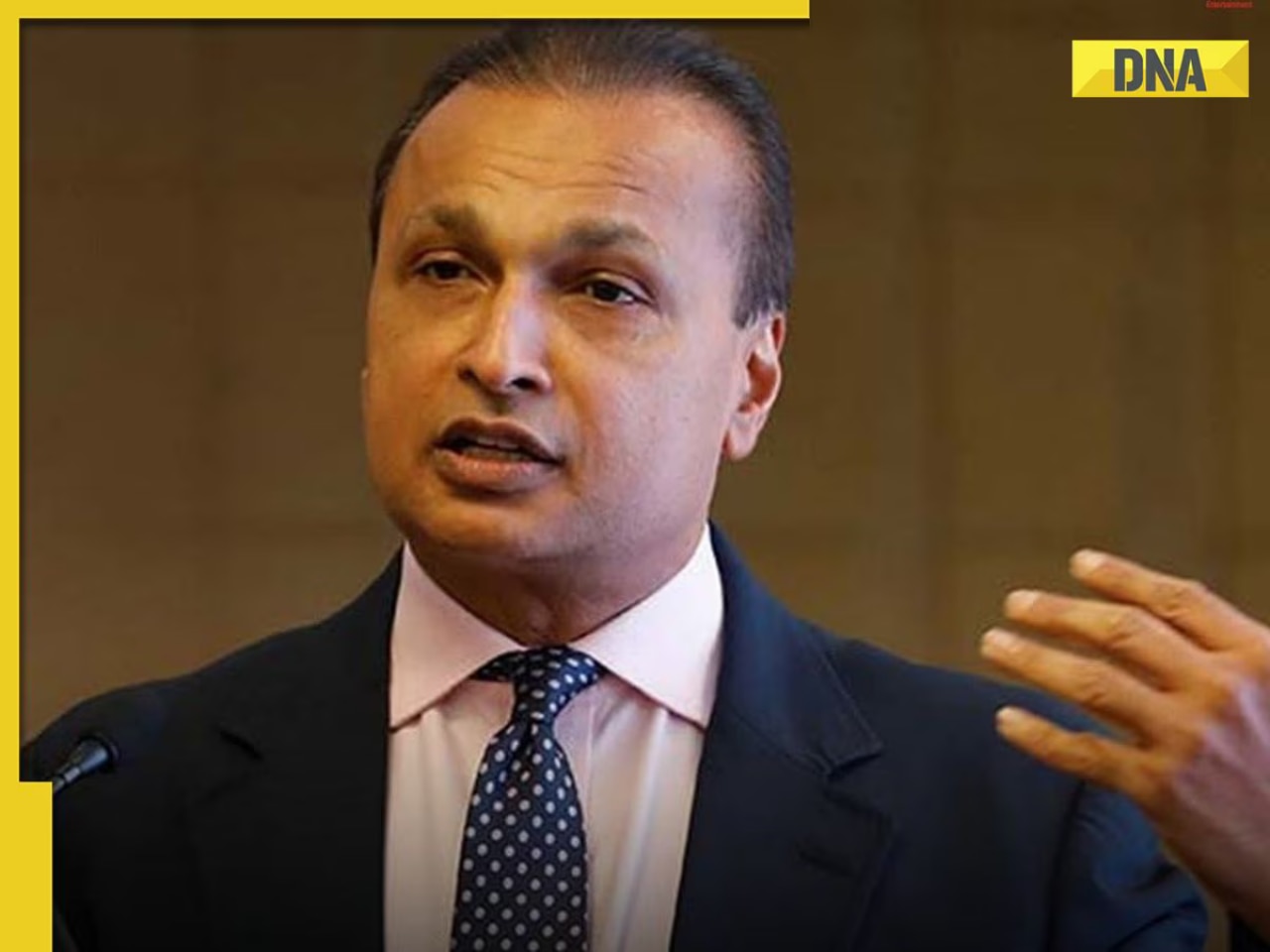Have you become less social? Has your health taken a turn for the worse? Are you spending too much time at work? Then you suffer from life-work imbalance.
Meera Joshi, an IT professional, has a three-year old son. But she has missed most of the milestones of his life thanks to her demanding job that keeps her in office for over 12 hours every day. She leaves her son home with her mother-in-law and regrets not having time to spend with her husband, child and family. She would love to quit her job but she feels secure having a second income in these trying times and she dreams of sending her son to the best schools in the city.
***
“It’s been a hard day’s night, and I’ve been working like a dog. It’s been a hard day’s night, I should be sleeping like a log.” This Beatles song can be the story of most of our lives. It could be ambition, the will to provide the best for our families that could make us slog all day at our respective jobs. Hard work never killed anybody but it sure does reduce the quality time that one can spend with their friends and families. So do you have a life after work? Or do you spend your life at desk crunching numbers, making presentations and everything else that you do to earn your daily bread.
Paramjeet Sandhu is a marketing general manager at a pharmaceutical company and his job involves travelling all over the country. He is never at home and gets to spend very little time with his family and has lost touch with all of his close friends. “I missed my daughter’s 18th birthday; she has not forgiven me for it. I tried to make it up by buying her a brand new laptop but that hasn’t worked. After my promotion, I have missed most of the landmarks of my teenaged daughter’s life. She has blossomed into an amazing person and I regret not having the time to know her,” he says and adds, “I am working so hard for her future, I want to give her everything I did not have growing up.”
Sequencia Kharvi, a 30-year-old media professional, knows how to attain the right balance but does admit that it can get hectic at times. “When we have any events, work starts early and ends quite late. It becomes difficult when you stay in a joint family especially with your aging in-laws and you need to give them things on time. Also it’s embarrassing when they have to do things for you the day you get late,” she says and adds, “I try and do all my chores on Sunday and spend time with family then that makes it a little easy.”
It’s not just the professionals but the spouses also complain about their significant others being unavailable when needed. Madhuri Verma, 29, is married to a creative director of an advertising agency. “When I attend parties or any family occasions, my husband is always busy at work. I am always asked where he is at such dos. I would have forgiven him for giving function a miss but not having time for his own wife is unforgivable. He comes home after I sleep and leaves before I wake up,” she says.
The added work load contributes to a person’s mental stress but can have dire consequences on health as well. “I have irregular working hours and don’t find time for any kind of exercise. I eat when I find time. It has resulted in me gaining a lot of weight and I suffer from ulcers too. My doctor has advised that I take a few months off to take care of my health but there is no way that I can afford to do that as my career will suffer,” says Nagesh Samant, a 41-year-old, senior merchandising officer.
It’s not only people with families who pay the price of putting their career first. Many people in their 20s too miss out on their youth because they are ambitious and want a secure future. “I worked very hard early on in my career, putting aside family and friends. I hardly had anytime to socialise then, I broke up with several of my boyfriends. Now I am almost 30 and single. I now have no option but to take help of the matrimonial sites, even if I find it pathetic, to find a life partner,” says Sarika Naidu, a risk analyst.
Anand Iyer, a regional manger at a shipping company, may not have time for trivial pursuits but thinks it is best to have your priorities straight. “Life is juggling three balls, two are made of crystal and one of rubber, the two crystal balls are health and family, both when dropped do not rebound, but work is the rubber ball, it always rebounds,” he philosophises.
There are others like Royce Nair, a 26-year-old, marketing manager, who doesn’t mind putting work ahead of all else. “I like the feeling of fulfilment that you get at the end of a hard day’s work. When you love your job you don’t really mind slogging hard and not having a life, “says Nair.
So live a little, laugh a little- spend time with your family and friends. Your career may be important but family, friends and health equally deserve your attention and time too. So choose wisely.
It’s difficult to find time for myself
On an average I work for about eight and a half hours a day. I try to make it home by about 6:30 -7 pm so that I don’t miss out on my family. However, with work and spending time with my daughter, on weekdays, it does get a little difficult to make time for myself. Weekends, I do manage to make time to do a few things that I want to do but weekdays are taxing. One has to learn how they can manage time to live a balanced life.
M Padmapriya, senior solutions designer
Love my job so I don’t mind the long hours
I work for a very small organisation so I end up doing a lot more things than just required from my profile. On paper, my timings are 10 am to 6 pm, but on an average I work for ten hours a day. I love my job so I don’t quite mind it, but yes, I do miss spending time with my family and my friends. Social life is also important for one’s growth. I regret not being able to do anything outside work like make my music or just lounge around and read a nice book.
Rohini Ramkrishnan, programme researcher
Learn to manage both lives separately
With too much of work, it does get tiresome and even difficult to handle both professional and personal lives. Therefore, I treat both lives differently — two phones, two email ids. When I started working, I use to miss out a lot of family functions and meet-ups with friends. At that point of time, it bothered me a lot, but not now. I have grown to love my job and have understood the demands the
profile requires.
Jason Menezes, social media consultant
Don’t have a life even on weekends
My work timings are 10 am to 7 pm, but it work hardly ever ends then. I am invariably working till 8, at least. And the requirements of my job don’t allow me to have life on weekends also. But, I enjoy my work, so I don’t mind the erratic timings. Of course, there are days when I do get frustrated. That is mainly because I don’t get to spend time with my family and friends. Too much work isn’t good for anyone as it can lead to stress and other ailments.
Aaradhana Gupta, senior associate
Expert opinion
Companies encourage employees to stay back
Indians are hard-working and as a result of that are very stressed out. The people in Mumbai are most affected by this. Stress increases when people don’t know how to balance work and personal life. Many organisations encourage their employee to stay back beyond their work hours to meet deadlines but they are setting an unhealthy trend. A balance needs to be attained with or without the help of your employer. If we continue to ignore this, we will pay a heavy price by succumbing to lifestyle diseases.
Dr S Sivaramakrishnan, lifestyle management consultant, PD Hinduja national hospital
Too much work can lead to physical, mental burnout
Work-life imbalance is not a new phenomenon; it’s an age old issue. Even in the olden days, people left their homes in search of a better job opportunity. I agree that the consequences of work life imbalance have a strong and direct impact on personal relationships whether they are with family, spouse, children, or friends and social groups. Every relationship requires time investment and if your work takes up 12 hours all your investment is at work.
This imbalance affects both mental and physical health. International standards indicate that we should spend eight hours at sleep, eight hours at work, and the remaining eight hours as recreational. We don’t sleep eight hours, nor do we spend four hours in recreation which excludes consuming alcohol but includes sports, reading, social interaction.
Physical fitness prevents physical and mental burnout, psychological fitness prevents mental fatigue, boredom, feelings of depression and increases a sense of happiness.
Relationships are equally important for psychological welfare and a sense of happiness. Hence, it is extremely important that we focus on our familial and other relationships.
Narendra Kinger, clinical psychologist, psychotherapist and director, Aashraya Centre
![submenu-img]() Central government makes bold move, lifts ban on agricultural sector for…
Central government makes bold move, lifts ban on agricultural sector for…![submenu-img]() BCCI announces 15-member squad for Bangladesh T20Is, pace sensation Mayank Yadav earns maiden call-up
BCCI announces 15-member squad for Bangladesh T20Is, pace sensation Mayank Yadav earns maiden call-up![submenu-img]() Meet man, who started company after sending drunk text to boss, not from IIT, IIM, his worth is Rs...
Meet man, who started company after sending drunk text to boss, not from IIT, IIM, his worth is Rs...![submenu-img]() Sanjay Gandhi, Bhindranwale's conversation to Sikhs firing: CBFC wants these cuts from Kangana Ranaut's Emergency
Sanjay Gandhi, Bhindranwale's conversation to Sikhs firing: CBFC wants these cuts from Kangana Ranaut's Emergency ![submenu-img]() Watch: Karisma Kapoor recreates ‘Sona Kitna Sona’ song with Zaheer Iqbal, Sonakshi Sinha's reaction goes viral
Watch: Karisma Kapoor recreates ‘Sona Kitna Sona’ song with Zaheer Iqbal, Sonakshi Sinha's reaction goes viral![submenu-img]() Delhi Road Rage: दिल्ली के नांगलोई में कॉन्सटेबल की कुचलकर हत्या, कई मीटर तक घसीटा
Delhi Road Rage: दिल्ली के नांगलोई में कॉन्सटेबल की कुचलकर हत्या, कई मीटर तक घसीटा![submenu-img]() IND vs BAN 2nd Test Day 3 Live Score: क्या तीसरे दिन भी बारिश बनेगी विलेन, यहां पढ़ें लाइव अपडेट्स
IND vs BAN 2nd Test Day 3 Live Score: क्या तीसरे दिन भी बारिश बनेगी विलेन, यहां पढ़ें लाइव अपडेट्स ![submenu-img]() Haryana Assembly Elections 2024: चुनाव से पहले हुआ फेर-बदल, AAP के फरीदाबाद उम्मीदवार ने थामा BJP का हाथ
Haryana Assembly Elections 2024: चुनाव से पहले हुआ फेर-बदल, AAP के फरीदाबाद उम्मीदवार ने थामा BJP का हाथ ![submenu-img]() MP News: मध्य प्रदेश के मैहर में बस-ट्रक की भीषण टक्कर में 9 की मौत, 24 घायल
MP News: मध्य प्रदेश के मैहर में बस-ट्रक की भीषण टक्कर में 9 की मौत, 24 घायल![submenu-img]() IPL 2025: आईपीएल को लेकर BCCI ने जारी किया नया फरमान, राइट टू मैच से रिटेंशन रूल में हुए बदलाव
IPL 2025: आईपीएल को लेकर BCCI ने जारी किया नया फरमान, राइट टू मैच से रिटेंशन रूल में हुए बदलाव![submenu-img]() Mahindra Thar Roxx 4x4 prices revealed, starts at Rs…
Mahindra Thar Roxx 4x4 prices revealed, starts at Rs…![submenu-img]() Sebi gives nod to Hyundai India's Rs 20,000 crore IPO, listing month is...
Sebi gives nod to Hyundai India's Rs 20,000 crore IPO, listing month is...![submenu-img]() Tata launches Nexon iCNG, check price, mileage, other features
Tata launches Nexon iCNG, check price, mileage, other features![submenu-img]() This Indian car brand set to acquire 50% stake in Skoda Auto Volkswagen India, deal will cost Rs…
This Indian car brand set to acquire 50% stake in Skoda Auto Volkswagen India, deal will cost Rs…![submenu-img]() Ford to return to India after 2 years with reopening of....
Ford to return to India after 2 years with reopening of....![submenu-img]() Meet India's youngest woman to crack UPSC exam at age 21, secured AIR 13, but didn't become IAS due to...
Meet India's youngest woman to crack UPSC exam at age 21, secured AIR 13, but didn't become IAS due to...![submenu-img]() Meet India’s first female IAS officer, also second woman to crack UPSC exam, she was posted at...
Meet India’s first female IAS officer, also second woman to crack UPSC exam, she was posted at...![submenu-img]() Meet man, bangle seller who cracked UPSC exam despite being specially abled, becomes IAS officer with AIR...
Meet man, bangle seller who cracked UPSC exam despite being specially abled, becomes IAS officer with AIR...![submenu-img]() Meet man who passed AIIMS exam at 16, cracked UPSC exam at 22, later resigned as IAS officer to build...
Meet man who passed AIIMS exam at 16, cracked UPSC exam at 22, later resigned as IAS officer to build...![submenu-img]() Meet man who lost his legs, cracked JEE Advanced, completed B.Tech from IIT Madras, is now working at…
Meet man who lost his legs, cracked JEE Advanced, completed B.Tech from IIT Madras, is now working at…![submenu-img]() IIFA Awards 2024: Date, Time, Venue And Where To Watch - All You Need To Know
IIFA Awards 2024: Date, Time, Venue And Where To Watch - All You Need To Know![submenu-img]() Congress President Kharge Slams & Opposes 'One Nation, One Election' Proposal, Calls It Impractical
Congress President Kharge Slams & Opposes 'One Nation, One Election' Proposal, Calls It Impractical![submenu-img]() Why 'One Nation One Election' Is important? Ashwini Vaishnaw Explains After It Gets Cabinet Approval
Why 'One Nation One Election' Is important? Ashwini Vaishnaw Explains After It Gets Cabinet Approval![submenu-img]() Jammu Kashmir Assembly Election 2024 Phase 1 Highlights: What Happened In First phase In J&K Polls?
Jammu Kashmir Assembly Election 2024 Phase 1 Highlights: What Happened In First phase In J&K Polls?![submenu-img]() One Nation One Election: Centre Clears Proposal, Bill To Be Introduced In Winter Session | Modi 3.0
One Nation One Election: Centre Clears Proposal, Bill To Be Introduced In Winter Session | Modi 3.0![submenu-img]() Meet man, who started company after sending drunk text to boss, not from IIT, IIM, his worth is Rs...
Meet man, who started company after sending drunk text to boss, not from IIT, IIM, his worth is Rs...![submenu-img]() Meet woman, who started business with two sewing machines, now styles Nita Ambani, Alia Bhatt, Priyanka Chopra
Meet woman, who started business with two sewing machines, now styles Nita Ambani, Alia Bhatt, Priyanka Chopra![submenu-img]() Ratan Tata's iPhone manufacturing company plans to take big step, as they are about to hire....
Ratan Tata's iPhone manufacturing company plans to take big step, as they are about to hire....![submenu-img]() Alia Bhatt reacts as Ranbir Kapoor makes a big move on his 42nd birthday, launches…
Alia Bhatt reacts as Ranbir Kapoor makes a big move on his 42nd birthday, launches…![submenu-img]() Anil Ambani-owned company's share price hits upper circuit, in 8 days it has surged...
Anil Ambani-owned company's share price hits upper circuit, in 8 days it has surged...![submenu-img]() Central government makes bold move, lifts ban on agricultural sector for…
Central government makes bold move, lifts ban on agricultural sector for…![submenu-img]() Odisha orders Internet shut down for 48 hours in Bhadrak district in order to prevent spread of...
Odisha orders Internet shut down for 48 hours in Bhadrak district in order to prevent spread of...![submenu-img]() Haryana: 3 dead, 9 injured in illegal firecracker factory blast in Sonipat, here's what we know so far
Haryana: 3 dead, 9 injured in illegal firecracker factory blast in Sonipat, here's what we know so far![submenu-img]() Mumbai on high alert after terrorist attack threat, security tightened across city
Mumbai on high alert after terrorist attack threat, security tightened across city![submenu-img]() Meet woman, IIT graduate, UPSC 2015 batch IFS officer, who schooled Pakistan PM at UNGA over…
Meet woman, IIT graduate, UPSC 2015 batch IFS officer, who schooled Pakistan PM at UNGA over…













































)
)
)
)
)
)
)
)
)
)
)
)
)
)





)
)
)
)
)
)